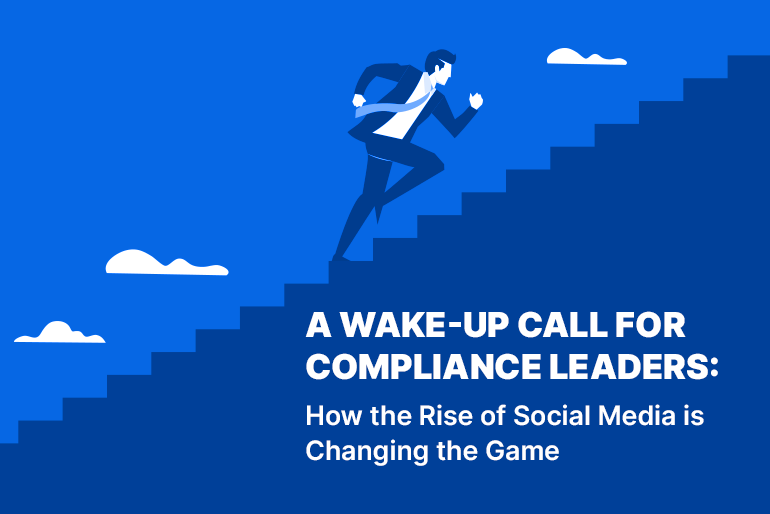Working with influencers and affiliates can be a great way to grow your brand and drive sales. But with those benefits comes the risk of relinquishing control over presentation, messaging and — as we’re focusing on in this article — compliance.
Influencer marketing, affiliate marketing and social media collaborations all increase the danger of content that breaches terms of service or even breaks laws. For finance companies and businesses in other regulated industries, such as iGaming and online trading, there is the additional risk of censure by the regulator.
Disclosure of paid-for endorsements on social media has already been the subject of a Competition and Markets Authority investigation. The UK Government has also announced plans to give the CMA more enforcement powers, allowing them to fine companies involved in social media content that breaches industry-specific or consumer law. With those laws being tightened and amended, and as the adoption of influencer marketing across regulated industries grows, it’s important for compliance leaders to take a hands-on role in their company’s social media policy development and governance.
This point was illustrated neatly when the Financial Conduct Authority ordered the investment app Freetrade to delete all of its paid-for influencer posts across all social media platforms within 24 hours in December 2021. Two TikTok videos posted by a financial influencer prompted the FCA's intervention. One video did not include a 'capital at risk warning'; the other included 'misleading' messages about reducing personal debt. Freetrade claimed it had not approved one of the offending videos before publication. And therein lies the problem.
In the fast-paced world of social media, it’s down to compliance leaders to provide the necessary oversight and ensure that strict advertising rules are consistently adhered to. You can take practical steps to avoid the many potential compliance pitfalls of digital marketing.
- Retain centralised governance
If licensing is ultimately a matter of life and death for your business, then it’s too big a deal to entrust compliance processes to third parties who are unlikely to have the necessary knowledge and are incentivised based on generating new customers. That means not simply handing over the reins to a social media agency or influencer. They may create great content, but that content needs to go through the same compliance checks as a website, billboard or TV ad before it’s published.
- Maintain ongoing oversight
As we said at the outset, working with influencers and affiliates means losing some control. The sort of centralised governance we’ve mentioned above will mitigate that. But what about after your approved content is published? What if it’s subsequently changed or the required #ad, #advert or #advertisement tag is removed by the influencer in an attempt to increase clicks?
That’s where tools like Rightlander.com can protect you by alerting you to any post or comment that violates advertising regulations or doesn’t meet your brand guidelines.
- Build a content library.
A repository of successful past campaigns that work for marketing and compliance is a valuable resource. This captures collective knowledge that will help new marketing team members and can also be used to educate affiliates and influencers.
- Invest in training
Bring your marketing team on board as compliance officers in the field. Give them the training they need to fully understand the legal and regulatory requirements of social media content. Build their knowledge so they can enforce compliance when working with third-party content providers.
- Take control of your analytics.
Social media analytics can be notoriously murky. With Facebook, it’s particularly difficult to pinpoint a website referral down to a specific URL on the social media platform. That makes it incredibly difficult to track down or even to know of the existence of compliance infractions by affiliates or influencers.
Rightlander also helps with this. Our crawlers help you to discover undisclosed content, inaccuracies and exaggerated promotions so you can take prompt action.
Answering the compliance challenges of social media
Undoubtedly, social media poses a significant challenge for compliance leaders. Compliance thrives on being steady, meticulous and predictable. Social media content… less so.
But by taking ownership of the very real areas where social media content enters compliance territory, you can put the policies and processes, training and technology in place to rise to the challenge and stay compliant in the social media age.



.jpg) by Shenaly Amin | 23 May 2023
by Shenaly Amin | 23 May 2023
 3-min read
3-min read
